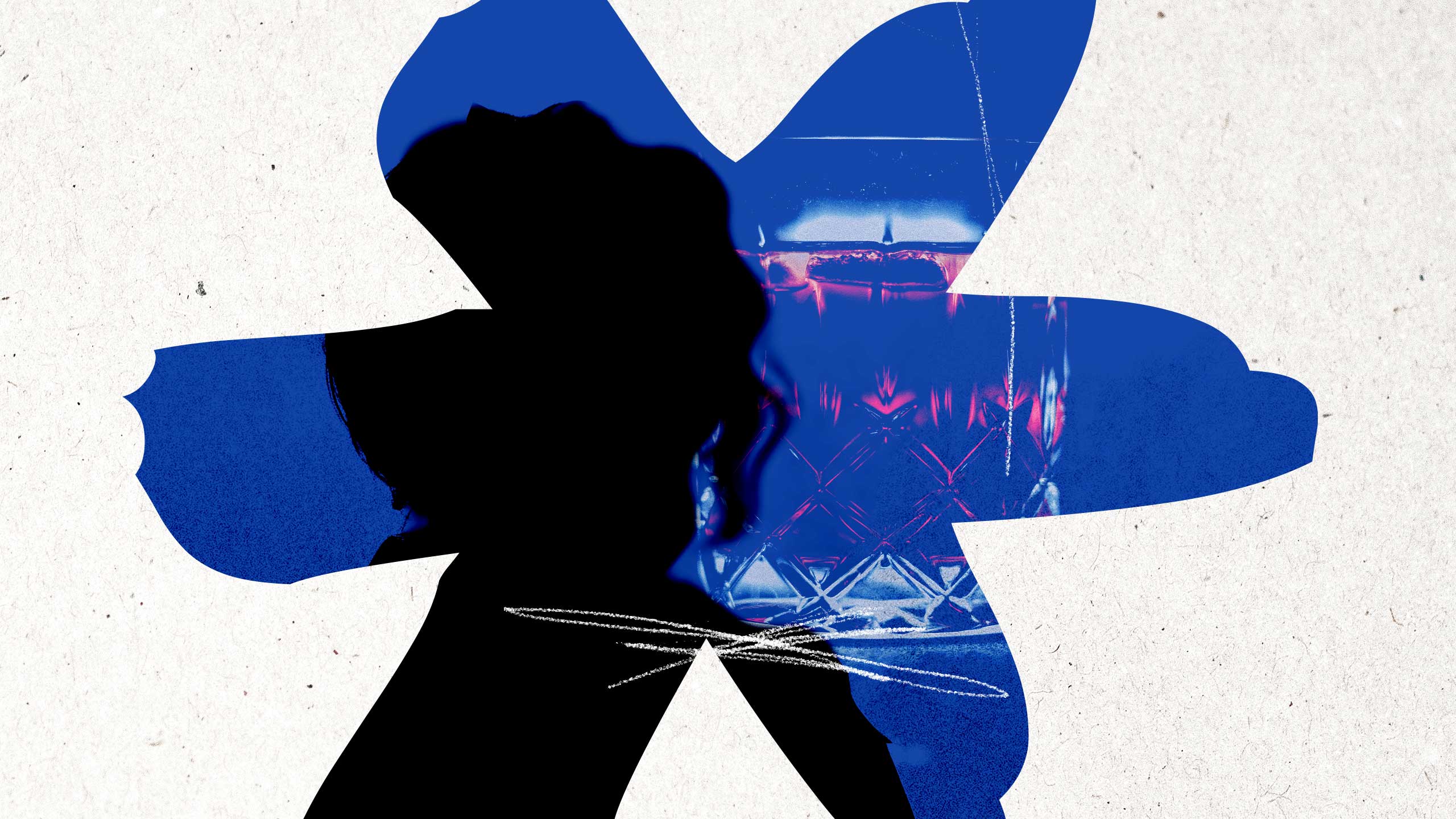Greetings from the quarantine. I’m Rachel Giese, Xtra’s editorial director. And this is “Topline,” a sample of offerings from our Xtra Weekly newsletter, a roundup of news and cultural happenings from the pages of Xtra and around the world sent to your inbox every Friday. If you haven’t already, subscribe now.
What’s the buzz? 🐝
Even as vaccination programs are underway, the pandemic threatens to spiral out of control in hotspots around the world. In Toronto, where I live, a spike in cases has led to a state of emergency declaration and a new lockdown. Meanwhile, security experts and policing bodies in the U.S. are bracing for a replay of right-wing, domestic terrorism at the Jan. 20 inauguration of president-elect Joe Biden. Given our collective stress and anxiety right now, it’s no wonder some folks have already abandoned their Dry January plans and grabbed the nearest cocktail.
Dry January, the annual, social media-driven month-long practice of abstinence from alcohol, has been a particularly tough sell this year. The cascading impact of the pandemic—from unemployment and homelessness to illness, isolation and grief—has left many people scrambling to find coping strategies.
We saw from readers’ reactions to Niko Stratis’ wonderful recent piece on getting sober and coming out as trans that the issue of alcohol use and addiction, and how it can intersect with our feelings about our sexuality and gender identity, struck a chord. “I spent my life until then thinking alcohol made me a fearless and invincible force,” Stratis writes of her decision to get sober. “In reality, it kept me constrained, more in love with a false idea of myself than who I really was. Acceptance—as well as the growth and the difficult change that comes with transitioning—was not possible if alcohol kept me dulled.”
Over the past year, several researchers have noted an alarming rise in substance use: During the pandemic, alcohol sales and binge drinking have increased considerably, as have opioid overdoses. And for LGBTQ2S+ people, who already have a higher rate of substance use than the rest of the population, the risks of this use becoming unhealthy and harmful is even greater. Writing about addiction and sobriety in the drag scene back in September 2020, KC Hoard cited studies predicting that the stress associated with the pandemic will “surge” substance use, and that marginalized communities are at an increased risk of experiencing addiction.
What were we thinking? 🚰
Last February, I kicked off my own, belated month of teetotalling—let’s call it “Dry February”—as a way to grapple with my relationship to alcohol. It’s a sensitive area for me. I’m the child of an alcoholic and I’ve had episodes through my own life when my drinking has felt disordered and unhealthy. Taking a break from booze was a means of self-care following a particularly difficult stretch and a steady upswing in my drinking; how easy it was for an occasional glass of wine to become a nightly two or three or four. Drinking had begun to feel less like a happy pleasure and a source of a gentle buzz and more like a necessity, a way to soothe my persistent anxiety and blunt painful feelings.
Dry February 2020 wasn’t easy but it was successful, so much so that I extended it into March. My supportive wife bought me non-alcoholic beer (there’s actually some really tasty options now) and mixed me fancy virgin cocktails. When I struggled, I meditated or practiced mindfulness, investigating other approaches to dealing with hard emotions: Did I need a drink, or did I need to reach out to a friend, go for a walk or simply learn how to stay steady in the discomfort? Sometimes this felt nearly impossible—my auto-response to a bad day at work or a tense conversation was to reach for a bottle—but over time, I began to feel better: Clearer-headed, more insightful of my emotional terrain and more open, if also a little more raw around the edges.
Then on March 13, 2020, Toronto, like much of the world, went into lockdown.
Those early days of the pandemic were terrifying. There was little understanding about transmission, panic led to a run on toilet paper and hand sanitizer and the stories of overwhelmed hospitals and out-of-control outbreaks in nursing homes, care facilities and prisons were devastating. The death toll rose. People lost jobs, livelihoods and homes.
Suddenly and abruptly, we were cut off from one another. For many LGBTQ2S+ people, this isolation was particularly harsh. Some people, living with unsupportive families of origin, were forced back into the closet. Others lost contact with the queer community services, businesses and social spaces that had long sustained them.
Need I say that it was a rough time to maintain my abstinence? But I did it throughout the spring and then extended my Dry February into the early summer. Even as everyone around me was joking about starting happy hour at noon, recommitting to my break from booze ended up being my coping mechanism. Let’s be clear: I was frequently a wreck, like almost everyone else was in those early days, but if I had been drinking when the pandemic hit, I know I would have drunk a lot. And that, I know, wouldn’t have been good for me.
My path is by no means a prescription for others and I don’t take alcohol use disorder lightly. The popularization of the “sober curious” movement and abstinence events like Dry January can dangerously gloss over the life-and-death seriousness of alcoholism. In people with severe alcohol dependency, withdrawal symptoms can be fatal, and in those cases giving up drinking requires professional medical care as well as addiction counselling. Others may find value in organizations such as Alcoholics Anonymous, which have created virtual meetings during the pandemic and have groups specifically for LGBTQ2S+ people.
As for me, I learned a lot this past year about how and why I drink, about when it’s harmless and fun for me, and when it’s not. Over the holidays, I allowed myself to enjoy some excellent local beer, a few glasses of wine with dinners, and on New Year’s Eve Day, a group of friends and I stood shivering outside in the cold and toasted each other with bubbly. All of that felt right, healthy and joyful. And now what feels right and healthy for me, as we head into another lockdown, is to embark on a Dry January/February once again.
That’s my experience, what’s yours? What are you doing to cope right now? And what kind of stories would you like to see in Xtra about mental health and well-being? Please reach out and let me know. Send me an email at rachel.giese@xtramagazine.com.
Other Xtra news
👉Food insecurity is huge issue for LGBTQ2S+ people, and the pandemic has only made it worse. Chaya M Milchtein talks to queer and trans mutual aid volunteers and workers who are feeding our communities to discover how you can help out, too.
👉Exorcising your ex: Advice columnist Kai Cheng Thom offers advice to a reader hung up on their former partner.
👉And in the latest video edition of Ask Kai: Quick Tips for the Apocalypse, Kai counsels a young lesbian on how to handle hook-ups.
👉“America as I’d known it and believed it to be no longer existed. Had it ever?” Xtra’s senior culture editor Zaina Arafat on the insurrection in Washington.
👉Get more headlines! Subscribe.
Gifbox
Cheers to life!



 Why you can trust Xtra
Why you can trust Xtra


